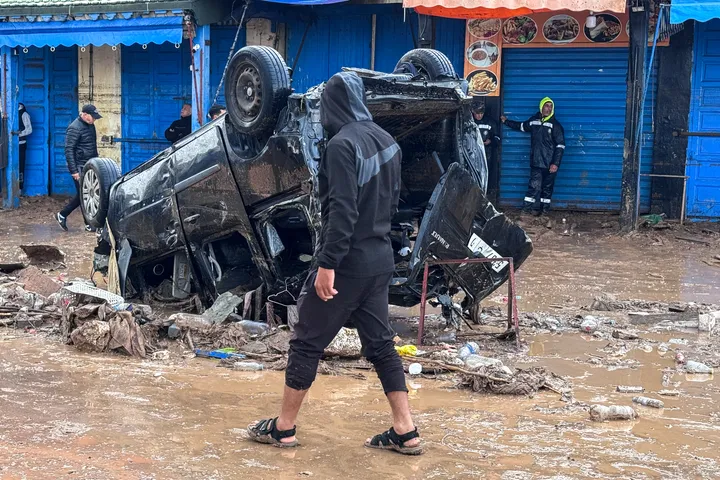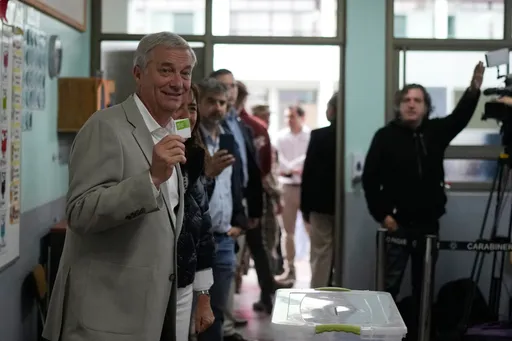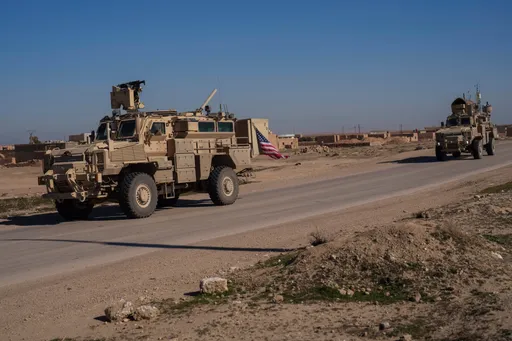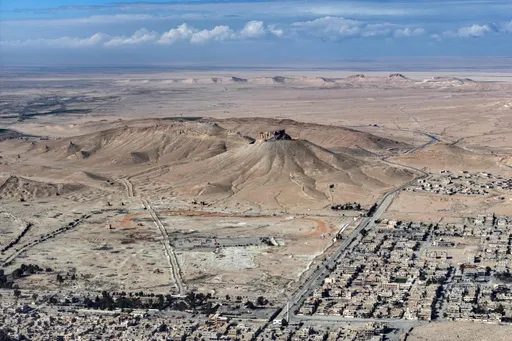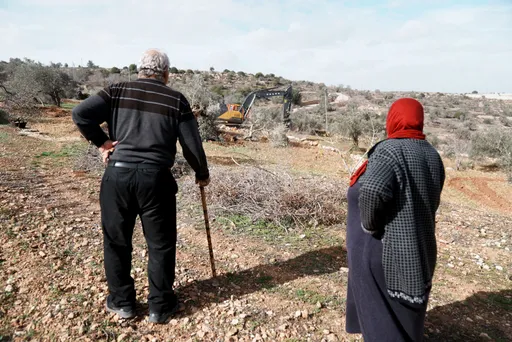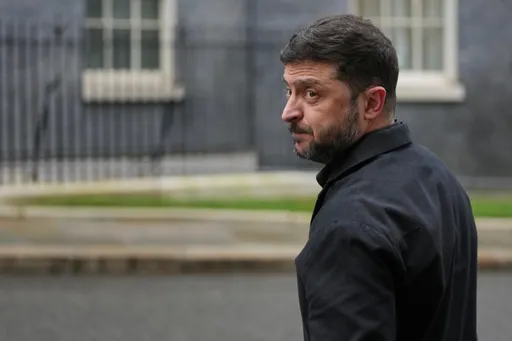International investigators have said for the first time that they suspect Syrian regime leader Bashar al-Assad and his brother are responsible for the use of chemical weapons in the Syrian conflict, according to an unpublished document seen by Reuters.
A joint inquiry for the United Nations and global watchdog the Organisation for the Prohibition of Chemical Weapons (OPCW) had previously identified only military units and did not name any commanders or officials.
Now a list has been produced of 15 individuals "to be scrutinized" over links to a series of chlorine bomb attacks in 2014-15 - including Assad, his younger brother Maher and other high-ranking figures. The list does not specify what role they are suspected of playing, but lists their titles.
The list was based on a combination of evidence compiled by the UN-OPCW team in Syria and information from Western and regional intelligence agencies, an unnamed source familiar with the inquiry told Reuters.
The UN-OPCW inquiry - known as the Joint Investigative Mechanism (JIM) - is led by a panel of three independent experts, supported by a team of technical and administrative staff. It is mandated by the UN Security Council to identify individuals and organisations responsible for chemical attacks in Syria.
The use of chemical weapons is banned under international law and could constitute a war crime.
While the inquiry has no judicial powers, any naming of suspects could lead to their prosecution. Syria is not a member of the International Criminal Court (ICC), but alleged war crimes could be referred to the court by the Security Council - although splits among global powers over the war make this a distant prospect at present.
Reuters was unable to independently review the evidence or to verify it, but Virginia Gamba, the head of the Joint Investigative Mechanism, denied any list of individual suspects had yet been compiled by the inquiry.
"There are no ... identification of individuals being considered at this time," she told Reuters by email.
A regime source also told the news agency that accusations that their forces had used chemical weapons had "no basis in truth".
Assad signed up to the international Chemical Weapons Convention under a US-Russian deal that followed the deaths of hundreds of civilians in a sarin gas attack in Ghouta on the outskirts of Damascus in August 2013.
The Syrian regime, which denied its forces were behind the Ghouta attack, also agreed to hand over its declared stockpile of 1,300 tonnes of toxic weaponry and dismantle its chemical weapons programme under international supervision.
The United Nations and OPCW have been investigating whether the regime is adhering to its commitments under the agreement.
The bodies appointed the panel of experts to conduct the inquiry, and its mandate runs until November. The panel published a report in October last year which said Syrian regime forces used chemical weapons at least three times in 2014-2015.




